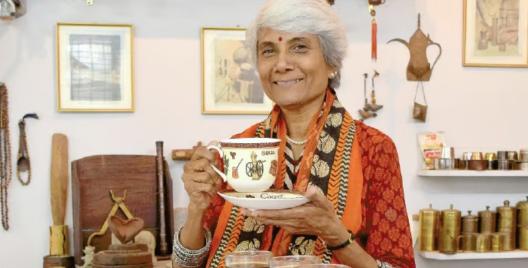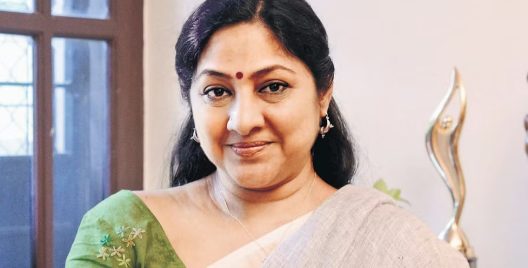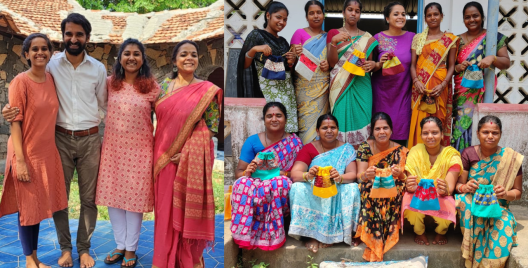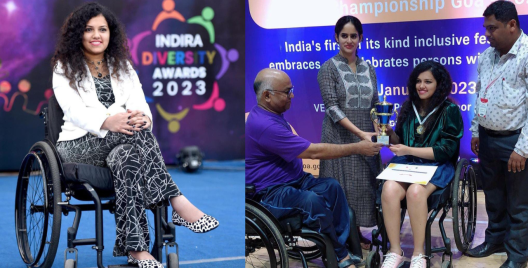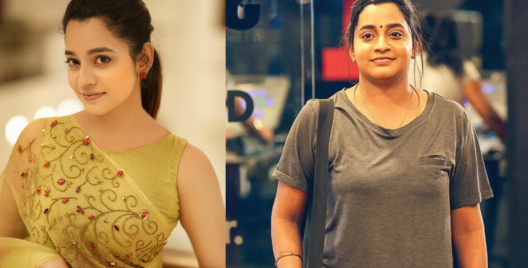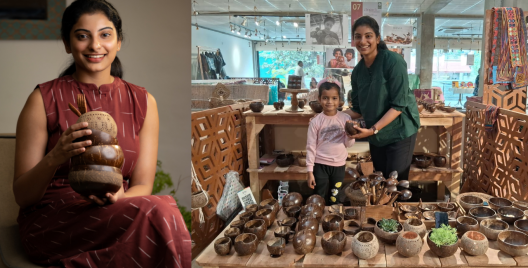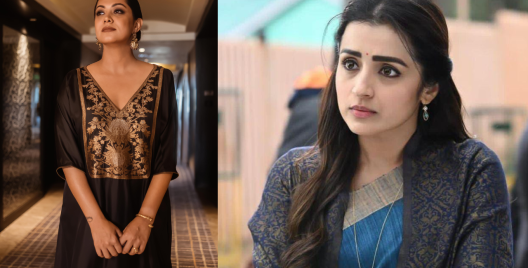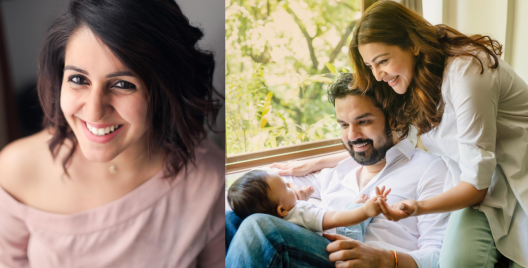We are in the process of redefining normalcy, priorities and the general meaning of life itself. In such turbulent times, some find hopeful epiphanies and clarity, while for others it could mark a downward spiral. For the latter, anxiety and depression are the usual battles that must be fought. As the severity grows and mental health gets further compromised, we begin to see fatal repercussions. Over 300 suicides have been recorded across the country since the onset of the virus here.
Lakshmi Vijayakumar insightfully delves into this dire issue:
The deep, dark human mind
“There is no single reason for suicide,” explains Lakshmi. “It occurs as a result of an accumulation of multiple instances. This is termed as bio-psychosocial problem. Certain genes are involved, and certain brain cells are associated with suicide, giving it a biological underpinning. Then comes the psychological underpinning. The individual maybe suffering from depression, Schizophrenia, impulsiveness or alcoholism. Then there is the environmental factor – it can be a love failure, an exam failure or rejection among others. There are certain factors that make one vulnerable and there are certain factors that triggers, all these factors put together push a person to take their lives. This is known as multi-dimensional behavior. Their final thought is an acute sense of helplessness and hopelessness. Majority of the individuals committing suicide are ambivalent, their wish to live and die is like a see-saw battle. Most of them would say that they really do not wish to die but they do not want to go on living like this and this conflict is what kills them when it reaches an extreme,” she says.
The ‘Viral’ Factor
Covid-19 has in many ways caused serious decline in mental health. Dr. Lakshmi Vijayakumar explains that the causes are four-fold:
1. Fear of getting infected with the virus: Fueled by the media, this fear feeds on news of rising numbers, focusing only on fatalities and forgetting to take into account recoveries or the progress being made on the medical research front.
2. Stigma: Corona has an infective process, more complex than the influenza virus, which has left people are getting defensive and over-protective. The community is shunning frontline workers or anyone working for the essential services. From being asked to vacate homes by their landlords to not being allowed on their own
premises when they return from work, the paranoia is as dangerously rampant as
the pandemic itself.
3. Isolation: Not everyone is equipped with the techno-equipment and network
connectivity to remain in touch with their social circles. We suddenly realise the value of those quick coffee sessions or potluck dinners; and as the possibility of revisiting these seem slim for now, it begins to weigh on minds and take root as dread or anxiety.
4. Abrupt closure of alcohol: While this may seem like an absolute non-essential to most, it is important to factor in the mental state of addicts. Rapid withdrawal symptoms of alcoholics can push them to a depressed mindspace, which is when their judgments are impaired and their actions become unpredictable.
SNEHA Foundation to the rescue.
Dr. Vijayakumar’s brainchild SNEHA, India’s premier suicide prevention centre, is manned by carefully screened volunteers and funded by public donations. Services are open 24×7 for tele-callers, while 14 hours every day are dedicated for visits. Over the years, this NGO has consistently reached out to those in emotional distress, offering timely support, coping mechanisms and interventions.
But the foundation is finding it hard to function during this lockdown. “Volunteers are unable to come to the centre due to the restrictions. But we are flooded with calls considering the situation, so it is quite overwhelming. We have been in discussions with the Government to form a structured social and mental support system for those in quarantine or isolation or COVID patients who have just been discharged and their families – they need psycho-social support. We have formulated some action plans and have given it to the Government so we have to wait for them to adopt it,” says Dr. Vijayakumar.
Domestic violence
There has been a steady increase in the number of domestic violence cases ever since the lockdown. The National Commission for Women has been working all hands on deck, ensuring arrests or offering counsel, as the case may be. But how efficient are our police forces turning into counsellors? “Some of these police officers are trained to counsel. However, just the fact that the police are taking the effort to counsel those in need is laudable,” adds Dr. Vijayakumar.
Where do we go from here?
“I would say that we’ve made progress just by acknowledging the importance of addressing mental health issues. Having healthy discussions around suicide, getting the word out,
sharing verified contact information for help sources – all these are great ways to raise awareness. It is a strong start. And as the saying goes, well begun is half done,” she signs off.





